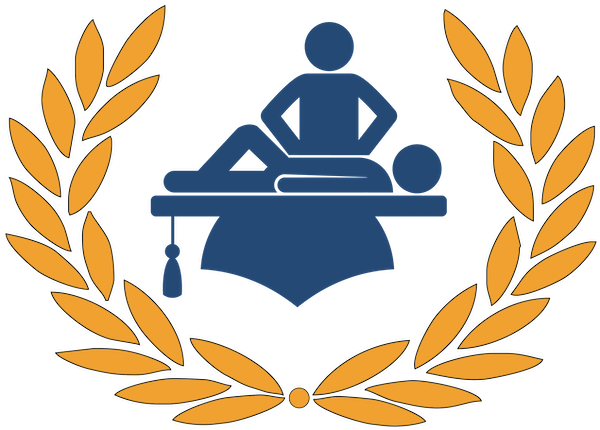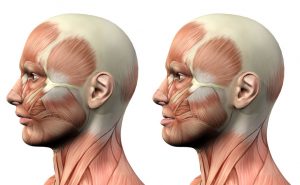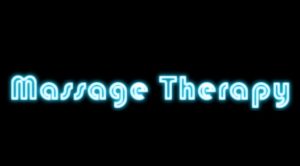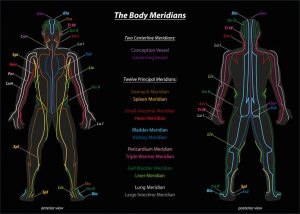New York Massage Therapy Continuing Education
State Board: New York State Board for Massage Therapy
CEs Required: 36 hours/ 3 years *
Required Qualifications: Didactic instruction may be provided by persons who are not licensed by New York State as massage therapists, but the practical application of such modalities and techniques must be done by licensed massage therapists, or those otherwise authorized when continuing education occurs within New York State.
Acceptable CE: Subject matter must contribute to professional and clinical massage therapy skills, as opposed to business practices.
Unacceptable CE: Reiki, Feldenkrais and Alexander Technique and appearance enhancement are not accepted by NY Sponsorship.
Entity Liable for Approving CE for State: State Board
CEs Allowed Online: 36
Mandatory Number of Hands-on CEs: None
State Board Website: http://www.op.nysed.gov/prof/mt/
The Somatic Arts and Sciences Institute is sponsored by the NCBTMB to offer our online continuing education courses for New York State massage therapists. That means that when you take our courses you will receive certificates of completion from us AND from the NCBTMB. The certificates from the NCBTMB are the ones you will give the state board, our certificates you can keep for your records.
These are the courses that are approved for New York
Science Courses (Anatomy and Pathology)
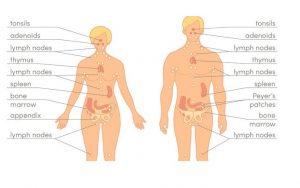
Diseases of the Immune System for Massage Therapists
This course is a review of the diseases and disorders of the immune system.
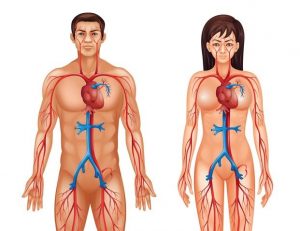
Conditions of the Cardiovascular System for Massage Therapists
This course is a review of the diseases of the heart, blood, and blood vessels.
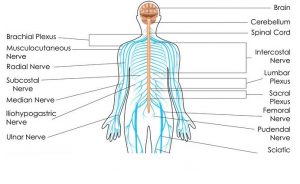
Conditions of the Nervous System for Massage Therapists
This course reviews the most common conditions of the Nervous system that you might encounter in your massage practice.
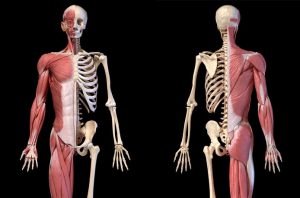
Musculoskeletal Pathology for Massage Therapists
This course you will be reviewing the most common muscular injuries encountered by massage therapists.

Controlling Infectious Agents in the Massage Room
This course reviews the importance of hygiene and sanitation standards and procedures in the massage practice.
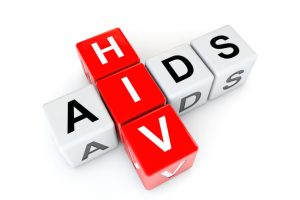
HIVAIDS
This course will enable you to identify symptoms and know the different modes of HIV prevention, transmission, and treatment.

Massage Therapy and Sleep Disorders
This offers a detailed introduction to a variety of sleep disorders to familiarize the practitioner with them in order to raise their confidence when treating a client that has been diagnosed with one.

Fundamentals of Geriatric Massage
This course covers the basics of geriatric massage, including how to adapt your regular massage treatments to serve elderly clients, common health concerns and contraindications and mobility issues.

Introduction to Sports Stress Injuries
This course will enable you to identify the symptoms of common sports injuries including stress fractures of the foot, shin splints, tendonitis, runner's knee, hamstring injuries, tennis elbow, head injuries etc.
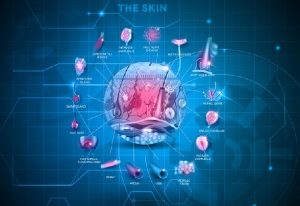
Pathology of the Integumentary System
This course describes several conditions of the skin that could be encountered in the course of a massage therapy career.
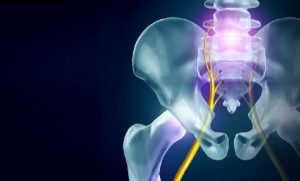
Massage Therapy and Sciatica
This course is a review of the symptoms and different potential causes of sciatic pain, as well as massage applications that are known to be effective in their treatment.
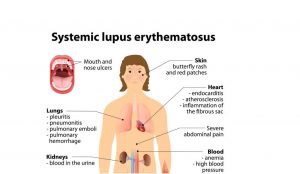
Massage Therapy and Lupus
This course provides massage practitioners with information about the manifestations of systemic lupus erythematosus.
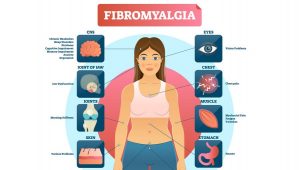
Massage Therapy and Fibromyalgia
This course details the symptoms of fibromyalgia, the areas of the body involved and the theoretical causes of the disease, as well as some useful information on the effectiveness of massage therapy for treating it.
Ethics Courses

Continuity of Care in Massage Therapy
An introduction to the concept of continuity of care, a health care philosophy and practice that emphasizes interdisciplinary referrals and appropriate client transfer practices.

Understanding Power Differential in Massage Therapy
This course explores the power differential that exists in the therapeutic massage relationship and will address the ethical problems that could arise as a result.

Managing Dual Relationships
This course will enable you to identify the potential ethical problems that could arise when you are providing services to people who could also be considered your friends.

Confidentiality and the Massage practice
This course covers the Health Insurance Portability and Accountability Act (HIPAA), as it relates to providing massage treatment in a medical office, and includes a review of basic confidentiality ethics.

Transference and Countertransference in Massage Therapy
This course reviews the psychological phenomenon known as transference and countertransference and how it applies to the client practitioner relationship in therapeutic massage.

Cultural Sensitivity for Massage Therapists
This course covers the important role that cultural conditioning plays in the acceptance of massage therapy as a health discipline.
Psychosocial Courses

Massage Therapy for Substance Addiction
This course offers an introduction to the use of massage therapy as a complementary treatment for alcohol/drug addiction.
Prenatal Courses
Asian Bodywork Courses

Tenets of Zen Shiatsu
This course covers the foundational, core doctrines of Zen Shiatsu, the origin of Shiatsu as well as the efficacy of Shiatsu as a complementary medical discipline.
General Courses
